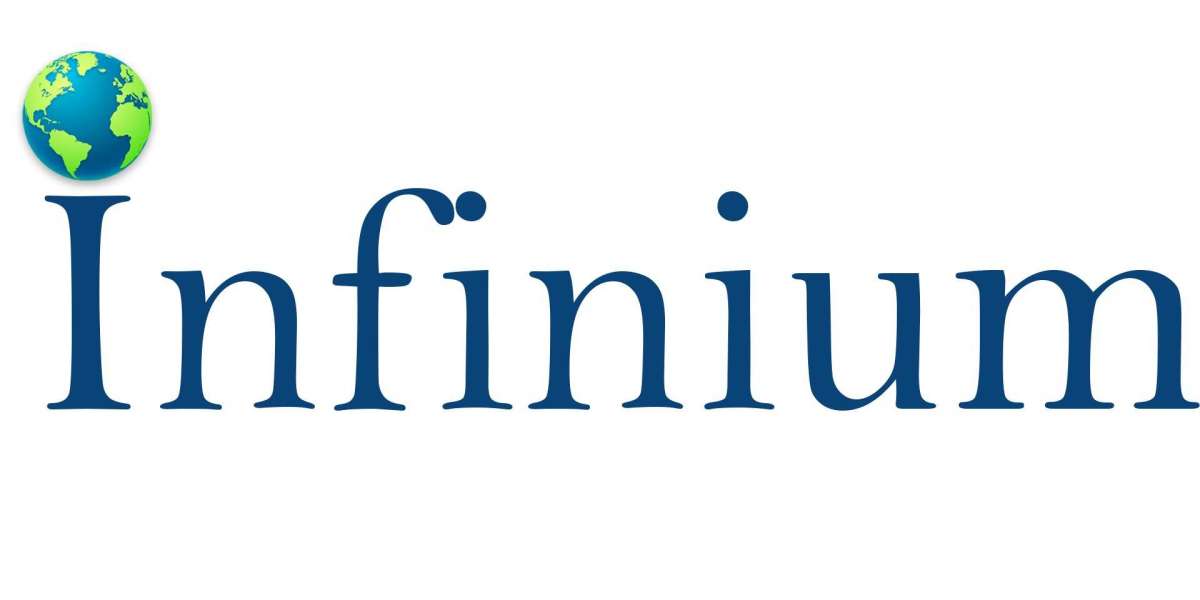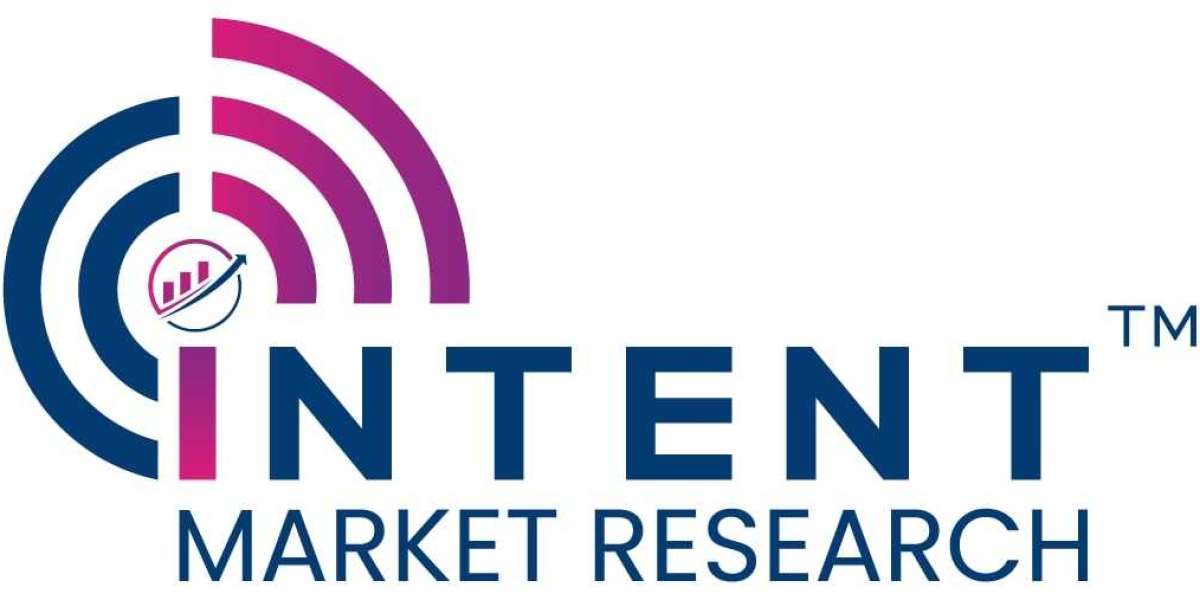Market Dynamics
Drivers
- Technological Advancements: Innovations such as next-generation sequencing (NGS) and polymerase chain reaction (PCR) are enhancing the precision and speed of DNA analysis.
- Rising Crime Rates: The global increase in crime is driving demand for advanced forensic tools that can offer conclusive evidence in criminal investigations.
- Government and Legal Support: Increased funding and supportive regulations from governments and legal institutions are bolstering the adoption of forensic genomics technologies.
Restraints
- High Costs: The high cost of advanced genomic technologies can be a barrier, particularly in developing regions.
- Ethical Concerns: Issues related to privacy, data security, and potential misuse of genetic information pose challenges to the market's growth.
Sample pages of Report: https://www.infiniumglobalresearch.com/form/970?name=Sample
Market Segmentation
By Solution
- Kits: Used for DNA extraction, quantification, and amplification, offering standardized processes for forensic labs.
- Analyzers Sequencers: Essential for high-throughput DNA analysis, enabling detailed genetic profiling.
- Software: Critical for data analysis, storage, and interpretation, ensuring accuracy in forensic investigations.
- Consumables: Reagents, primers, and other consumables are crucial components in forensic genomics workflows.
By Method
- Capillary Electrophoresis (CE): A reliable traditional method for DNA profiling.
- Next-Generation Sequencing (NGS): Revolutionizing forensic genomics with comprehensive, rapid DNA analysis.
- PCR Amplification: Widely used for amplifying small quantities of DNA to generate sufficient material for analysis.
By Application
- Criminal Testing: Predominantly used in criminal investigations to identify suspects and solve cases.
- Paternity Testing: Increasingly popular for confirming biological relationships.
- Familial Testing: Used for identifying missing persons and human remains, expanding the scope of the market.
Regional Insights
North America
- United States: The largest market, driven by advanced forensic infrastructure and high demand for forensic services.
- Canada: Significant market growth due to government support and adoption of advanced forensic technologies.
Europe
- Germany, France, U.K.: Major markets due to strong forensic systems, technological adoption, and supportive government policies.
Asia-Pacific
- China, India, Japan: Emerging markets with rapid adoption of forensic genomics technologies, driven by rising crime rates and government initiatives.
Rest of the World
- Latin America, Middle East Africa: Growing adoption of forensic genomics, though at a slower pace due to economic and technological barriers.
Competitive Landscape
Major Players
Key players in the forensic genomics market include Thermo Fisher Scientific, Qiagen, Promega Corporation, and Illumina. These companies are focused on product innovation, strategic partnerships, and expanding their global presence.
Strategic Developments
- Partnerships and Collaborations: Companies are forming alliances to enhance their product offerings and market reach.
- Product Launches: Continuous innovation in forensic genomics tools is driving market competition.
- Mergers and Acquisitions: Companies are consolidating their market positions through strategic mergers and acquisitions.
Report Overview : https://www.infiniumglobalresearch.com/market-reports/global-forensic-genomics-market
Future Outlook
The global forensic genomics market is expected to continue its robust growth, driven by ongoing technological advancements and increasing applications in criminal justice, paternity testing, and human identification. Ethical considerations and cost barriers will remain challenges, but the market is likely to see significant innovation and expansion in the coming years.
Conclusion
The forensic genomics market is poised for substantial growth, offering advanced tools for more accurate and efficient forensic investigations. As technology continues to evolve, the market will play a crucial role in shaping the future of forensic science worldwide.


